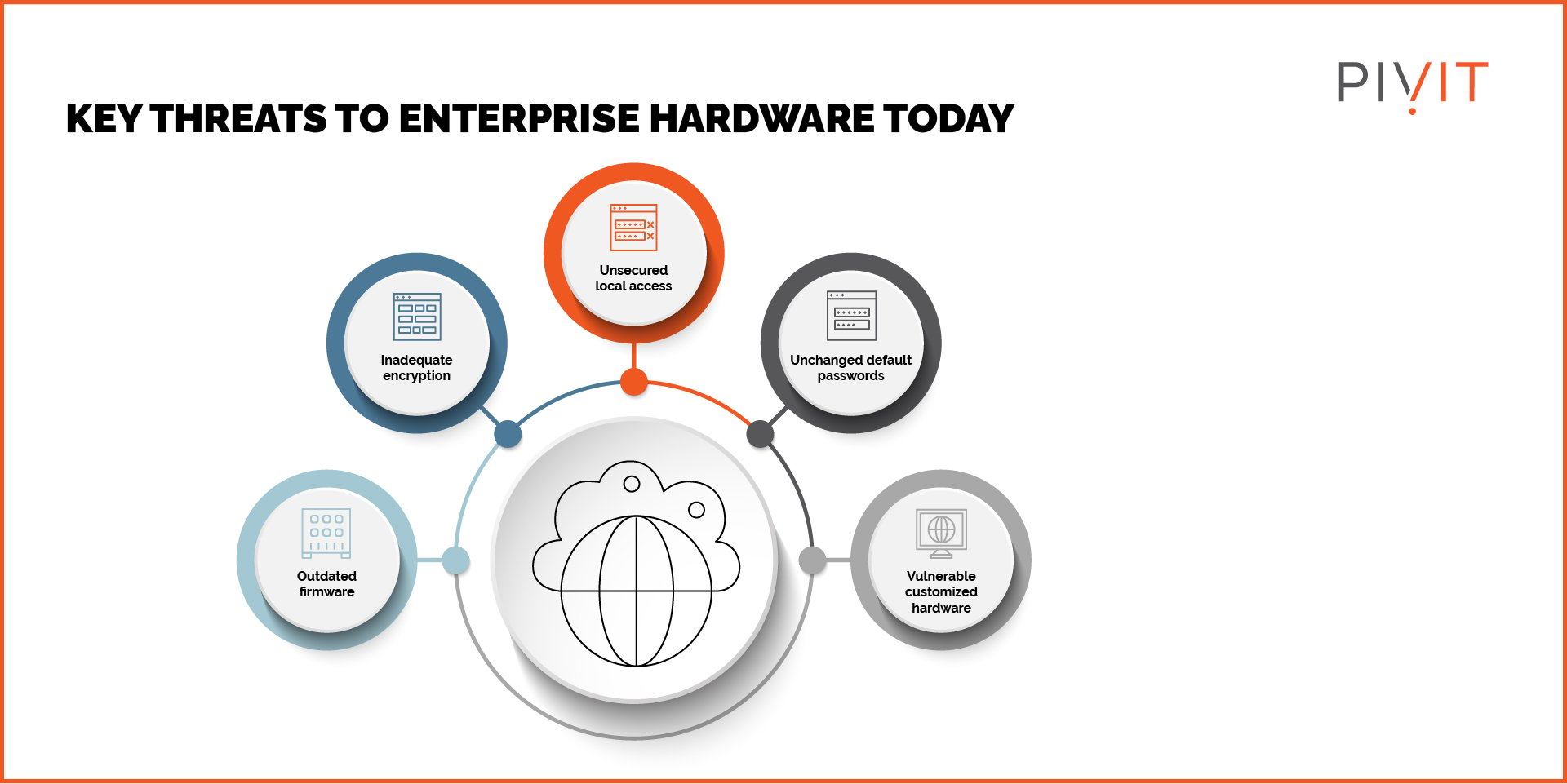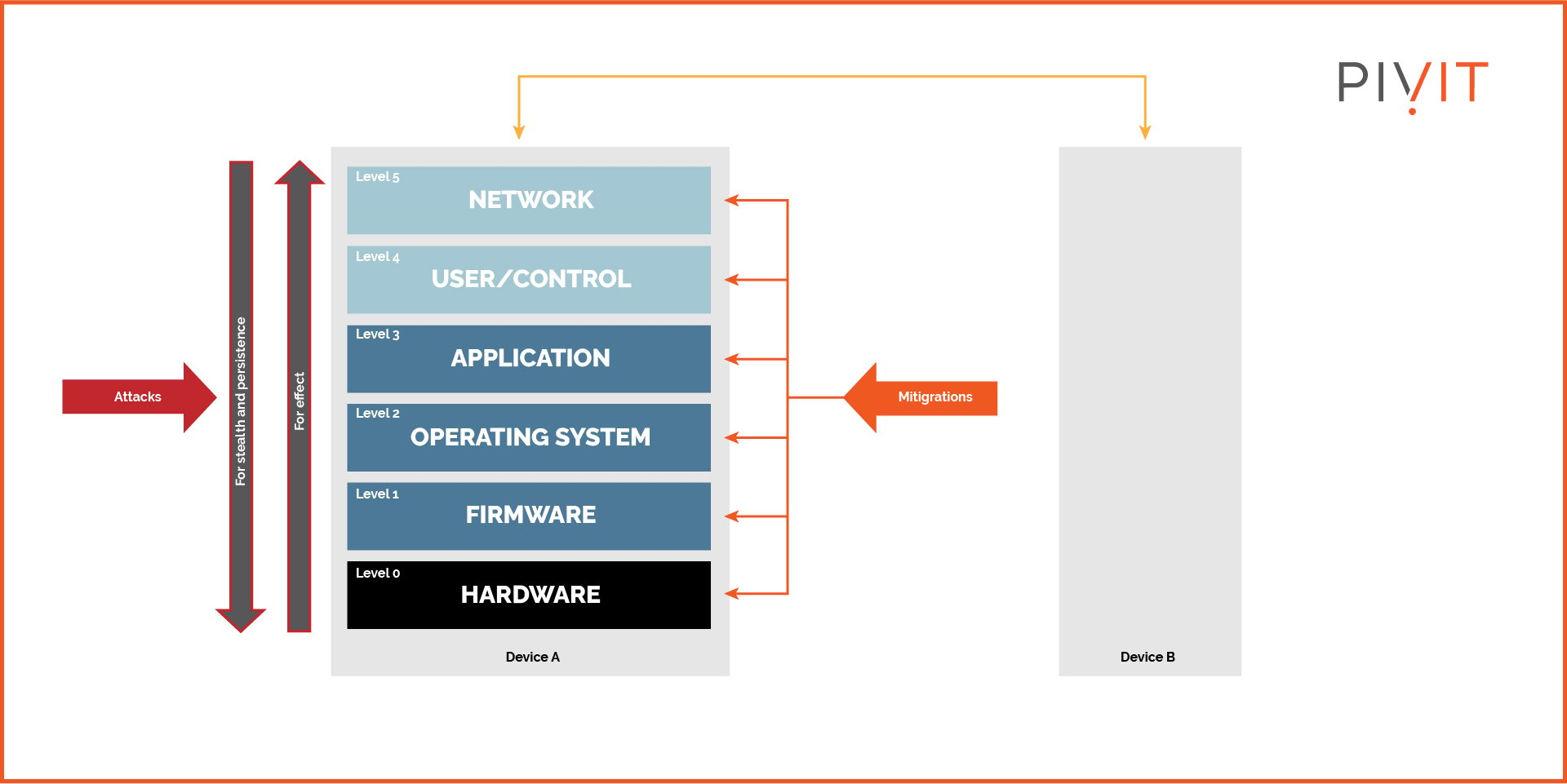AI-Powered Self-Defending SSD Storage Could Change the Game
%20AI-Powered%20Self-Defending%20SSD%20Storage%20Could%20Change%20the%20Game.png)
Data security is an urgent concern for many enterprises. Red Hat’s 2023 Global Tech Outlook report surveyed over 1,700 IT leaders, and security was the top priority for 44% of respondents. The response is hardly surprising, with ransomware attacks becoming common and far more damaging than they were a few years ago.
Companies producing equipment and tools for businesses are taking security equally seriously. Cigent Technology Inc., a data security company, has introduced new storage powered by an artificial intelligence (AI) enabled microprocessor. In other words, it’s equipped to detect and combat threats to data and make it ‘invisible.’
This is a significant development in hardware, particularly solid-state storage (SSD). On a larger scale, it could change how security is perceived. It brings advancement in security to the core of data residence. Data could be protected by the very equipment that stores it.
Cigent Introduces Self-Defending SSD
The new Cigent product, Secure SSD+, takes data security to the next level. It’s a step up from the company’s existing Secure SSD product.
The Secure SSD+ storage has dedicated AI microprocessors with machine learning (ML) capabilities. This processor can monitor interactions with the data and detect threats, specifically ransomware.
If a threat is detected, the SSD storage has multiple protocols that activate and protect the data. The highlight is the software that the SSD is equipped with, Cigent Data Defense software. The software immediately deploys the ‘Shields Up’ protocol, which, in turn, activates multi-factor authentication (MFA) for access to data.
Similarly, the Cigent Data Defense Secure Vaults lock up automatically to prevent any form of unauthorized access, even operating system services.
Furthermore, there’s also the option to make the drive read-only temporarily, so data cannot be modified. It also notifies the Cigent Data Defense console that an attack is underway, so teams can beef up security further and take quick action.
The AI microprocessor is the game-changer, as it can learn about unusual data activity by constantly monitoring read-write operations. Furthermore, it allows for tweaks to the user’s needs to prevent false alarms.
Moreover, the AI microprocessor logs all the data interactions, increasing transparency. Even in the unfortunate event of an attack, the user should be able to trace the attacker's steps.
Currently, ransomware detection is only available for Windows. However, Linux support is expected to arrive soon.
There are a few other limitations. The drive has to be the primary OS drive. And the company says few files can get impacted before the countermeasures go into effect. Also, the form factor may not be compatible with some systems.
What Does It Mean for Data Security?
It’s a step in the right direction, as data security needs to be beefed up at every level. While most cybersecurity advancements are often software-focused, Cigent’s offering is a fresh take. But it must be noted that even the SSD’s self-defending technology works with the company’s proprietary software.
Nevertheless, it’s an important development in data security. Its adoption and performance in the real world remain to be seen. However, if it lives up to the company's claims, it could revolutionize data security at the hardware level.

While the SSD+ drives are designed for computers, they could provide a blueprint for data center class SSDs that face similar ransomware threats.
Security is even more paramount for data centers, as their whole operation/business revolves around data. Losing that data could mean damages worth millions in the form of loss in business and fines for non-compliance.
Storage with built-in security provides another layer of defense against sophisticated attacks, which is the need of the hour. Data must be protected on all fronts: software, hardware, and user.
Fortifying Security at Hardware Layer: Why Is It Important?
Hardware security is an integral part of overall network security. While firewalls and proxy servers have been used for ages to implement security at the hardware layer, built-in security features in other equipment are becoming common.
Cigent’s offering is part of the emerging trend of hardware-based security. Network equipment manufacturers realize the importance of security and are adding robust security features like threat detection and encryption to make their hardware products stand out. Newer models have advanced security protocols and features.
And this is good news because strong network security calls for reliable, secure hardware. So improving security at the hardware layer with modern, self-defending equipment can significantly improve overall security.
Does that mean enterprises no longer need dedicated security tools? Not quite. Tools overseeing the entire network's security will remain essential components of cybersecurity.

In a 2019 Forrester study for Dell Technologies, the findings revealed 63% of the organizations surveyed experienced data breaches because of security weaknesses in hardware.
Hardware has become a common attack surface for malicious parties. Beefing up security at the hardware level is not an optional strategy but a necessity for organizations.
Hardware Security Best Practices
Here are some ways you can improve hardware security in your enterprise:
Updating Firmware Regularly
The hardware’s firmware must be up to date at any given time. Standardize the updates installation procedure so it’s considered a priority across the organization.
Firmware updates from manufacturers often contain security patches that fix vulnerabilities that can be exploited. If you’re late with these updates, your hardware becomes vulnerable to attacks, which may not even present themselves until much later.
Refreshing Hardware in Time
Legacy hardware with poor security is asking for attackers to attack your hardware. It’s best to refresh critical hardware in time to prevent such incidents. On the other hand, if there are constraints that prevent a hardware refresh, increase the security for the legacy equipment with next-gen firewalls.
Investing in the Right Equipment
While evaluating specific equipment’s performance, take your time to evaluate the safety features. With robust built-in features, hardware can add an extra layer of security. Of course, secure equipment comes at a higher price, but it’s worth the investment.
Real-Time Hardware Monitoring
The security solutions you opt for should prioritize hardware monitoring. With increased visibility across the infrastructure and real-time monitoring of hardware access, you can prevent attacks or, at the very least, detect them before they penetrate further.
Hardware Security Testing/Audits
Besides monitoring around the clock, schedule regular audits for hardware security to identify vulnerabilities and risks before attackers stumble upon them. Based on the nature of the data your enterprise handles, the frequency of such audits can range from monthly to semi-annual.
Procure Secure Hardware With PivIT
To stay ahead in the game, investing in next-gen hardware with built-in security features is imperative. Whether investing in new servers or refreshing routers throughout your network, PivIT can be your procurement partner to find the right devices at the best prices.
PivIT’s standing inventory of modern equipment for data centers and service providers provides an opportunity to get the hardware you need quickly. But even if the hardware you want isn’t already on-premise, the procurement experts at PivIT can arrange it for you, no matter where you’re located.
Investing in secure hardware should be a priority for every forward-thinking enterprise. Learn more about PivIT’s infrastructure services!


